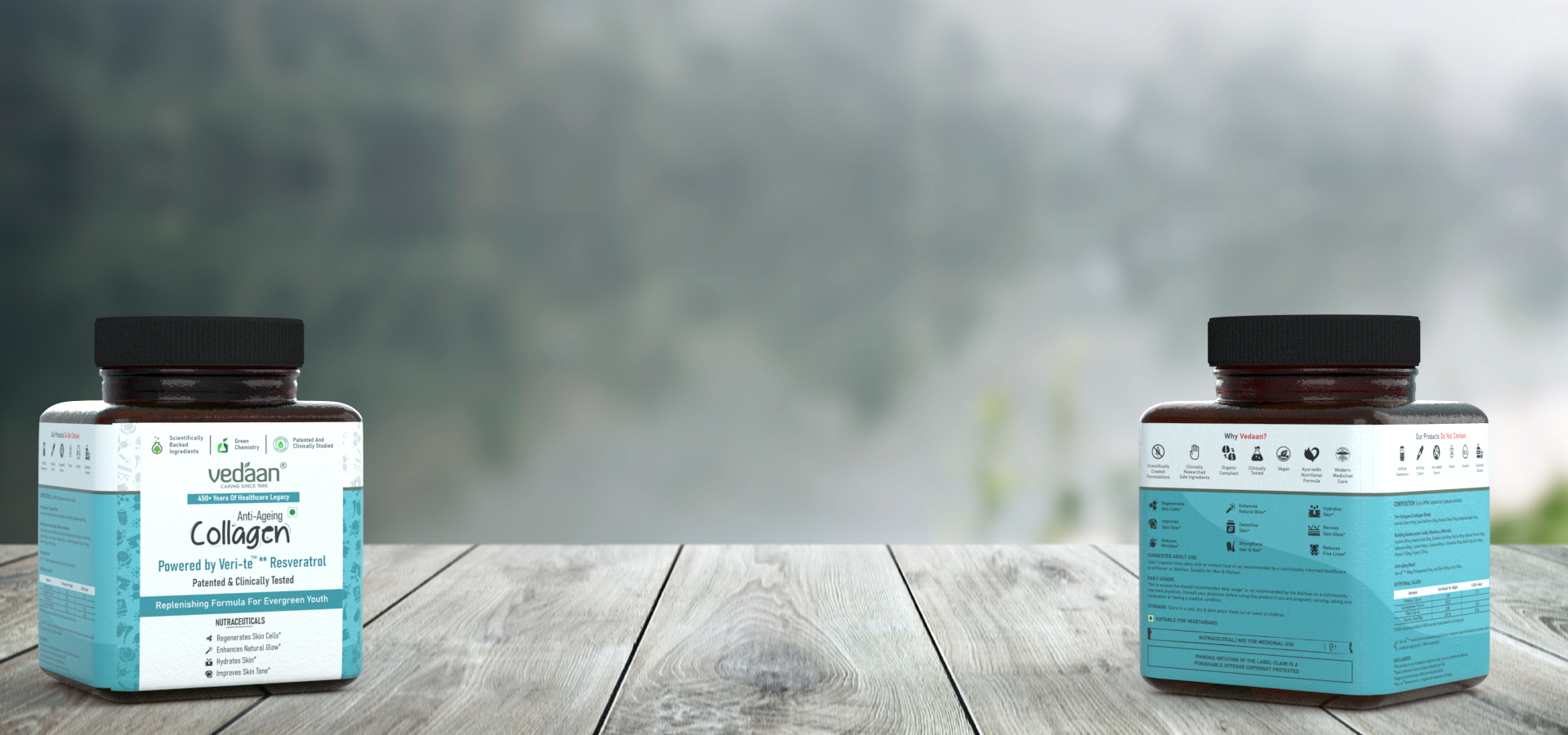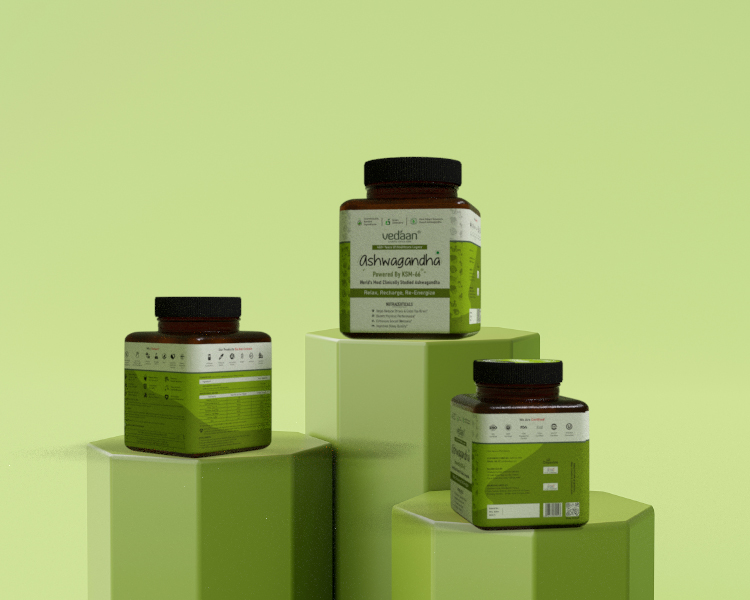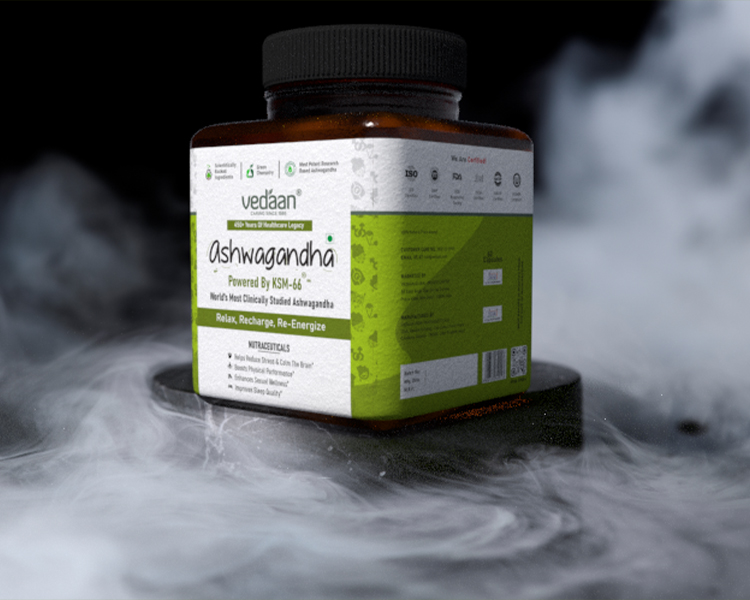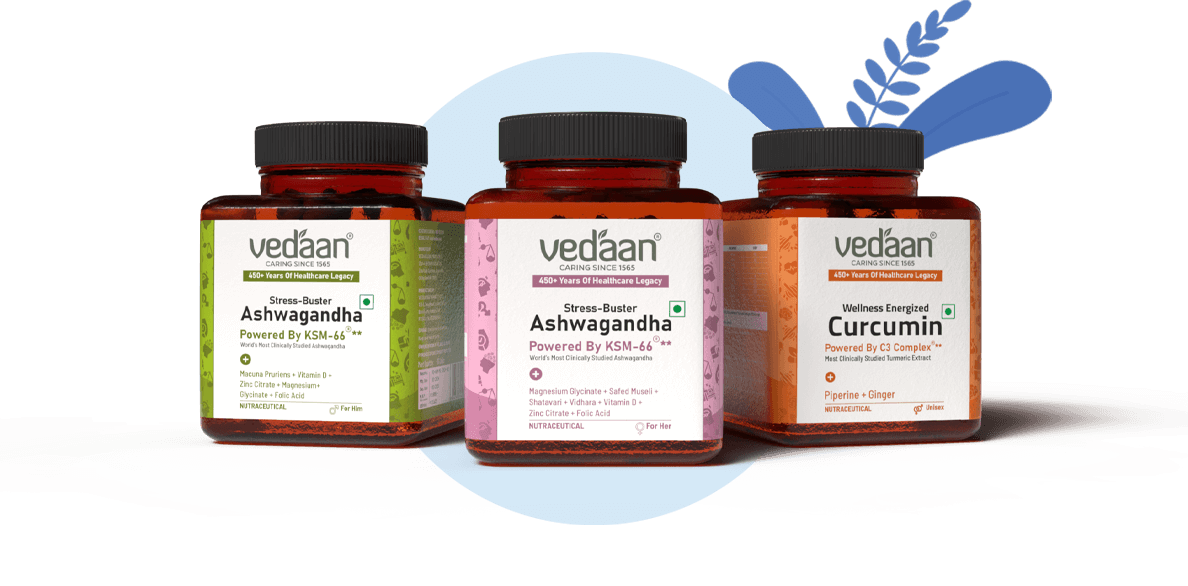Every time we look in the mirror, we all want our skin to be plumpy, shiny, and flawless. Although ageing is inevitable; however, we can slow down the ageing process. However, we can age nicely by taking good care of ourselves and maintaining a good skincare routine.
The anti-ageing industry has boldly thrust collagen into the limelight. You may be aware of the significance of collagen for healthy skin, hair, and nails. Additionally, it is becoming more and more well-liked among sportspeople and fitness fans. Collagen, an abundant protein in our bodies, aids in maintaining the skin’s elasticity. As we age, our body’s natural capacity to produce collagen declines, and as a result, we develop sagging, fine lines, and wrinkles.
What is Collagen – The Age-Reversal Superfood
The most prevalent protein in the human body, collagen, is a large protein structure with proline, hydroxyproline, and glycine as the three amino acids. It is a structural component of the tendons, skin, and other connective tissues. Because collagen makes up about 70% of your skin, it is crucial to anti-ageing strategies.
Since non-essential amino acids make up the majority of collagen, your body can produce them when your diet is deficient in them. However, collagen synthesis declines with age, beginning in your twenties, which is a major factor in why wrinkles form and your skin becomes weaker as you age. You can counteract the decreased collagen production by using high-quality hydrolyzed collagen in your anti-ageing diet.
An essential but frequently underappreciated component of an anti-ageing lifestyle is collagen. More and more, we realize how important collagen is to the diet. This potent protein is the most prevalent in the body and is essential for connective tissue strength, injury prevention, and other processes, as well as skin health and longevity.
Are You Unsure as to Whether You Should Be Taking Collagen Supplements?
Our bodies produce less collagen as we age, resulting in a visible difference in our skin. Hence, people who are 18 years of age and above can start taking collagen supplements due to their ability to slow down the signs of ageing.
Some research suggests that taking collagen supplements may help to improve elasticity. Other similar studies on women have also yielded promising results regarding fine lines and wrinkle reduction. Taking collagen capsules for the skin can be an excellent way to increase collagen production in your body, and they should be used in conjunction with a healthy skincare regimen.
Examining the studies and benefits of collagen will help us better understand what it is, why it is so important to your anti-ageing regimen, and what else you can do to maintain your youthful appearance long into your middle and later years of life. So, let’s dig into the details.
4 Evidence-Based Collagen Anti-Ageing Benefits
Let’s examine the studies on collagen as a dietary supplement for anti-ageing. Instead of using a topical lotion, taking collagen supplement capsules provides most of the benefits. More information on that is provided below.
1. Collagen May Increase The Flexibility of Skin
Clinical studies have revealed that taking a collagen capsule will increase skin hydration and suppleness (making your skin more resistant to wear and tear) (and reduce dry skin). According to one study, women over the age of 35 who took 2.5 to 5 grams of collagen supplements daily for two months had a noticeable improvement in their skin’s suppleness and moisture. In a related study, 91% of participants reported having less trouble with dry skin following routine collagen supplementation.
2. Collagen Might Aid In Preventing UV Damage To The Skin
Sun exposure is one of the most concerning reasons causing skin ageing, skin deterioration, and skin-related cancers. It’s challenging since your body needs sunlight to create enough vitamin D and chemicals that improve happiness. However, too much exposure without protection might harm your skin.
Fortunately, research shows that collagen peptide supplementation appears to lessen skin damage from the sun. According to one study, people who included collagen in their regular anti-ageing nutritional supplements had 31% less UV damage in their skin than others who took other supplements.
3. Collagen Could Minimize Wrinkles
Given that collagen is the major protein in your skin, it stands to reason that having a lot of it can support the body in keeping a young appearance. According to studies, including enough collagen in your anti-ageing diet (or supplements) may help lessen wrinkles’ depth and size.
According to one study, individuals exhibited less eye wrinkle volume compared to those taking any other supplement after just 4–8 weeks of ingesting hydrolyzed collagen. According to a different study, individuals who took collagen once daily for 12 weeks saw a noticeable reduction in visible wrinkles, increased skin moisture, and reduced wrinkle production.
4. Collagen May Lessen Stretch Marks and Cellulite
Each one of us has cellulite and stretch marks at some point in our lives; they are quite normal. Contrary to what most marketers claim, it is nearly impossible to completely remove cellulite and stretch marks, although collagen supplements can help lessen their appearance.
The research described above shows that collagen helps to strengthen your skin and may increase its suppleness, thickness, resilience, and longevity. Your skin will look smoother and healthier by enhancing all these elements.
How Can Collagen Be Reconstructed?
What can you do to rebuild collagen now that you know its many benefits? Fortunately, there are numerous available treatments mentioned below.
- Vitamin C: The induction of collagen types I and III by topical vitamin C in the form of L-ascorbic acid at concentrations between 5 and 15% have been shown to have a strong anti-ageing impact on the skin.
- Retinoids: The synthetic derivative of the retinoid family that has been most explored and prescribed is ‘tretinoin.’ By promoting the creation of new collagen in the dermal layer of skin, topical administration of tretinoin can enhance the appearance of photoaged skin.
- Chemical peels: An expedited kind of facial exfoliation called chemical peeling is made possible by acids that cause controlled harm to the skin. By promoting collagen remodelling, chemical peels can minimize the appearance of wrinkles, fine lines, and many other skin issues.
In Summary
Collagen production in the skin declines naturally as we age, which results in a range of aesthetic skin issues such as fine lines, wrinkles, and sagging skin. Backed by many pieces of research, Vedaan collagen plays a crucial role in all skin-related issues, both from a functional and aesthetic aspect. It improves the skin firmness and elasticity that you desire. However, consult a dermatologist or a doctor if you’re thinking of adding collagen to your skincare routine.





